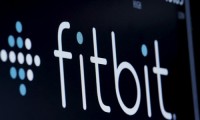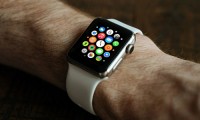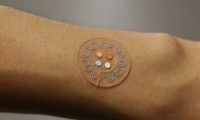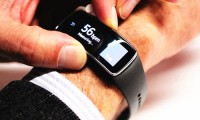-
Fitbit has invested $6 million in glucose-monitoring startup Sano
- Source: The Verge
- 595
- January 11, 2018
-
The Quantified Self, Our Wearable Future
- Source: Digital Salutem
- 1,501
- January 5, 2018
-
The Most Surprising Wearable Trend 2017
- Source: digitalsalutem
- 931
- January 3, 2018
-
Wearable Devices–A New Look For The Modern Clinical Trial
- Source: clinicalleader
- 1,201
- November 2, 2017
your submission has already been received.
OK
Subscribe
Please enter a valid Email address!
Submit
The most relevant industry news & insight will be sent to you every two weeks.







